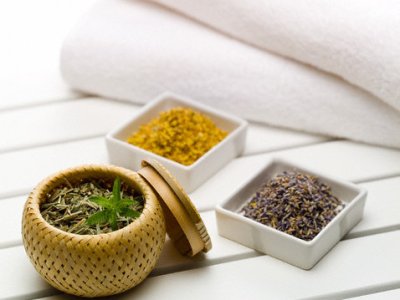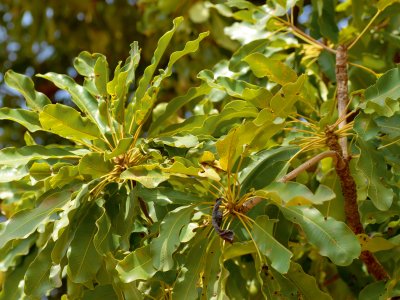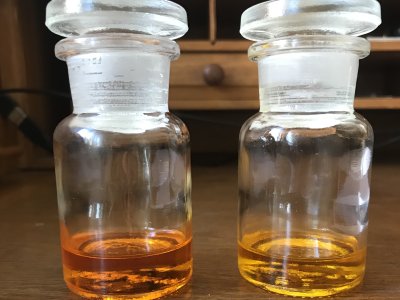Reshaping Herbal Medicine

Reshaping Herbal Medicine
by Catherine O’Sullivan, PhD.
Churchill Livingstone, Oxford, 2005.
ISBN 0 4431 0135 3
Reviewed by Martin Watt.
This book is really about statutory regulation of herbal medicine in the UK. Thus, my comments have to address some of the points the author raises.
The text is an academic’s talk shop, often using words that only those educated in a university or social services will understand. (I had to reach for my dictionary several times.) I cannot see any appeal to ‘Joe Public’ and I doubt many therapists will purchase it. Doubtless, university libraries will think it is a must-have!
I find it troubling that Prince Charles, who advocates natural living and health, has thrown his weight behind people who are hell-bent on dragging us down the same path as conventional medicine That path has failed to protect the public, as evidenced by events over the last few years. Come back Henry VIII - he was one of few who recognised the value of traditional practitioners not being tied by the rules of conventional academia.
The book starts by giving an overview of the statutory regulation committees and their discussions. It devotes pages 15-33 just to discussing what it means to be a ‘professional’. No wonder such committees end up tying themselves up with fruitless discussions, wasting time and money for years!
The main sections consist of a series of reviews of the respective disciplines written by people involved with each therapy, subject-matter, in my opinion, treated far better in the individual books already available about each therapy.
This book fails to address properly the way herbal medicine around the world has survived for millennia without the need for rigorous sets of laws controlling it. In most societies it consisted of independent therapists who did not have any ‘professional organisations’ and yet we developed an outstanding knowledge base. Even in the UK, we still have independent therapists who refuse (as I do) to join so called ‘professional organisations’. These independent people had no representation on the statutory regulation committee and were not even able to send them an email. Therefore, the contents of this book are based on the opinions of members of trade associations and their academic hangers-on.
I have copies of the books on herbal medicine written by Theophastus, circa 300 BC, as well as other ancient texts. I am certain those great, ancient teachers would lambast their modern decendents for their obsession with procedures and protocols at the cost of ascertaining the realities of the respective treatments. What is needed is far more rigorous assessment of the quality of education within therapies, ie. do the teachers know their subjects (frequently not). I do not believe statutory regulation, or this book, will contribute to that major issue.
Summary: For those who love words rather than deeds this book is for you.
Source and copyright: http://www.aromamedical.org


